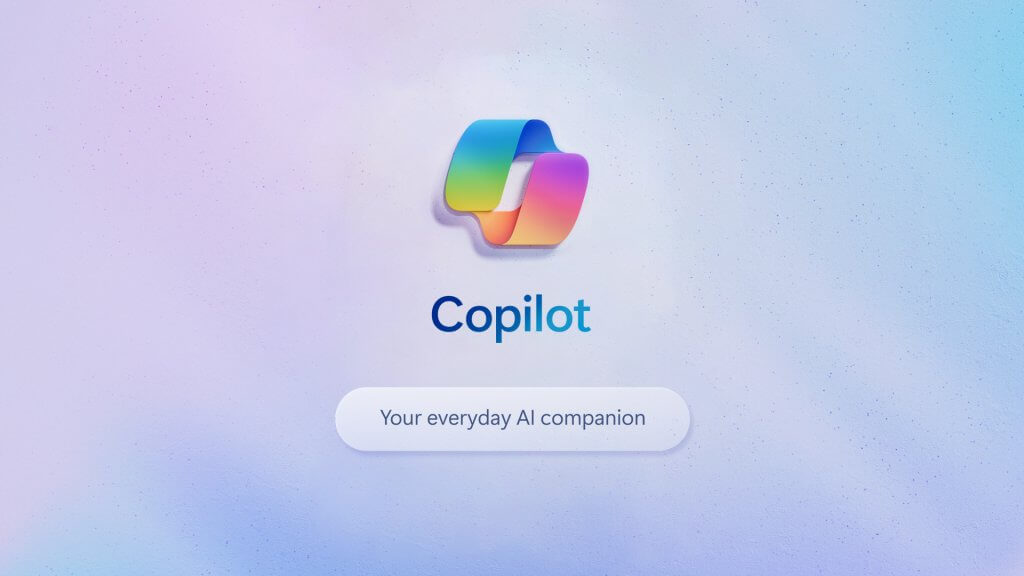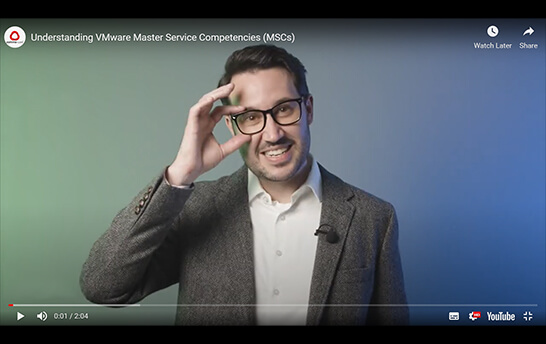Quality is a word that’s used so often these days but what does it mean to you? Defining quality isn’t easy but you’ll be pleased to know that there’s no wrong answer. Quality is subjective and means different things to different people – including the quality gurus themselves.
Henry Ford posited that quality means “Doing it right when no one is looking.” Perhaps quite ambiguously, Joseph Juran defined quality as “Fitness for use”. And Deming believed quality is “Meeting customers’ needs”.
For us, quality is about ensuring our business operates effectively, performs for our stakeholders and is constantly pursuing excellence. This might be through improving our services, systems, processes, customer relationships and so on – essentially, it’s about instilling a culture of continuous improvement to keep getting better.
To deliver on quality effectively, you must start with understanding exactly who your stakeholders are, be it employees, customers, suppliers or regulators, and then carefully consider their needs so that you can meet (and exceed!) them. Most importantly, quality should become part of your company’s DNA, underpinning everything it does.
Comms-care is proud to be supporting World Quality Day 2019, a day designed to recognise the contributions of quality professionals across the globe, and this year marks an exciting milestone – the Chartered Quality Institute’s centenary. To celebrate the occasion and this year’s theme, 100 years of quality, we held a day of activities for employees at HQ designed to help us learn about the heritage and evolution of the quality management discipline over the last 100 years.
It was fascinating to learn how what is known as the CQI today, was first established as the Technical Inspection Association fuelled by the desire to improve the production of unreliable munitions after the First World War. There were many initiatives and changes introduced throughout the years, and while the terminology may have changed, the fundamental principles of the CQI remain the same: consistent standards of quality delivered by competent professionals.
The key takeaway here? Ultimately, an organisation’s quality strategy will never be the finished article – just like the CQI itself which has evolved and developed over the years into the successful Institute it is today. Instead, it’s an ongoing process of improvement which requires a commitment to doing things properly every time.






